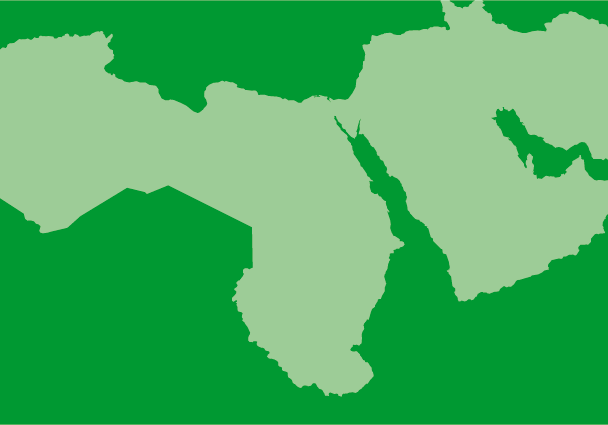
Dec 9, 1994 | News
Today, the ICJ denounced the pressure which has been exerted against Tunisian judges who participated in a Seminar entitled Judicial Independence and Functions in Tunisia.
The Seminar was organized between 14-24 November 1994 in Tunis by the ICJ in collaboration with the Arab Institute for Human Rights and other governmental and non-governmental Tunisian institutions.
After the Seminar ended, the Ministry of Justice in Tunis exerted direct pressure on the Tunisian participants and asked them to withdraw their support of the document entitled Sommaire d’activités des cours (Summary of the Activities of the Course), a collection of reports drafted by participants during the Seminar.
The ICJ denounce the fact that the Ministry of Justice pressured participating judges to sign a new document significantly different in content.
The entire Seminar, including the session where the original document was discussed and adopted, was videotaped. Currently, the Ministry of Justice is in possession of the only copy of the videotape.
On this occasion, the ICJ Secretary-General, Adama Dieng, said: “We see these acts as direct attacks against the independence of the judiciary in Tunisia. We hope that no reprisals have been taken against those who had the courage to refuse to bow to pressure and sign the new document.”
The ICJ gave the opportunity to the Tunisian Government to remedy the situation before making their concern public. To date, however, no adequate response has been received. The ICJ, once again, invite the Tunisian Government to take urgent measures to remedy this situation.
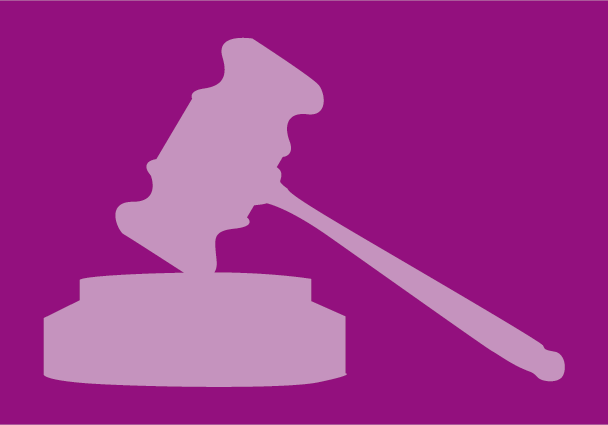
Apr 1, 1994 | News, Publications
The ICJ’s Centre for the Independence of Judges and Lawyers have concluded a three-day seminar on the relationship between the media and the judiciary in Madrid.
The seminar is part of an on-going study on the independence of the judiciary and the legal profession.
Lawyers, judges and journalists from Spain and different regions of the world gathered in Madrid to focus on the relationship between the media and the judiciary. The object has been to draft principles destined to facilitate a relationship that would enhance both the necessity of a free press and the independence of the judiciary. The debate also concentrated on the right of the accused, especially minors, to privacy and the presumption of innocence.
Many different angles were taken into consideration. They included the impact of publicity on judicial proceedings, the emergence of increasingly global and transnational modes of communication and their impact on judicial procedures, the relation between ethics and judicial independence, the restraints which may be necessary for the proper administration of justice, media criticism of judges and judicial decisions as well as in-depth perspectives of these issues in countries such as Brazil, the United Kingdom, France, Ghana, Jordan, India and Australia.
These principles fill a gap which is increasingly highlighted by the progress made in contemporary modes of dissemination of information. The principles are attached herewith.
madrid principles on media and judicial independence-publication-1994-eng (full text in English, PDF)
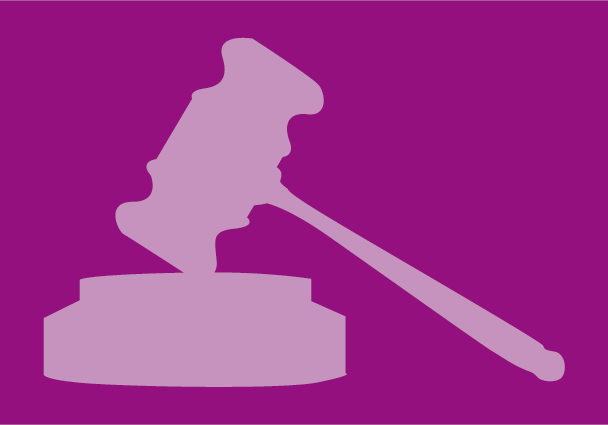
Feb 1, 1994 | Advocacy, Non-legal submissions
A group of 40 distinguished legal experts and media representatives, convened by the ICJ’s Centre for the Independence of Judges and Lawyers, and the Spanish Committee of UNICEF, met in Madrid, Spain, between 18 – 20 January 1994.
The objectives of the meeting were
- to examine the relationship between the media and judicial independence as guaranteed by the 1985 UN Basic Principles on the Independence of Judiciary;
- to formulate principles addressing the relationship between freedom of the expression and judicial independence.
The Basic Principle is as follows:
- Freedom of expression (including freedom of the media) constitutes one of the essential foundations of every society which claims to be democratic. It is the function and right of the media to gather and convey information to the public and to comment on the administration of justice, including cases before, during and after trial, without violating the presumption of innocence.
- This principle can only be departed from in the circumstances envisaged in the International Covenant on Civil and Political Rights, as interpreted by the 1984 Siracusa Principles on the Limitation and Derogation Provisions in the International Covenant on Civil and Political Rights (U.N. Document E/CN.4/1984/4).
- The right to comment on the administration of justice shall not be subject to any special restrictions.
The document contains the Principles, an Annex: Strategies for Implementation, the List of Participants at the Seminar and extracts from the International Covenant on Civil and Political Rights (ICCPR) and from the Syracusa Principles on the Limitation and Derogation Provisions in the ICCPR.
Madrid Principles Media Judicial Independence-non-legal submission-1994-eng (full text in English, PDF)
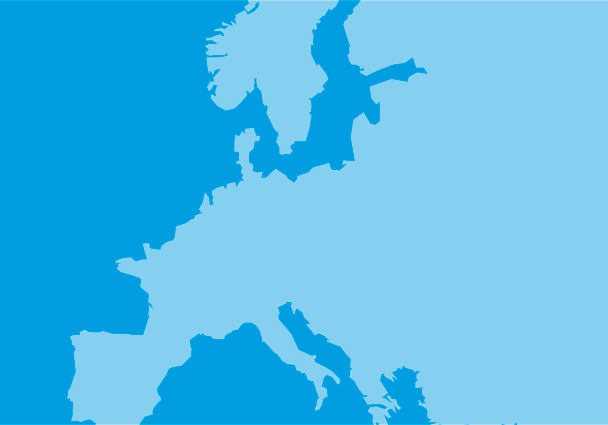
Jan 18, 1994 | News
A three-day seminar on the Media and the Judiciary organized by the ICJ opens today in Madrid, Spain.
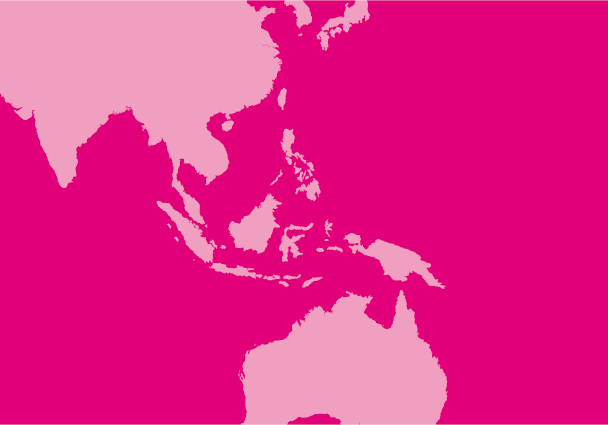
Sep 22, 1992 | News
Forty-eight hours before the recent general elections in Thailand, the interim government took unilateral legislative steps which undermine the independence of the judiciary, the ICJ said today.









